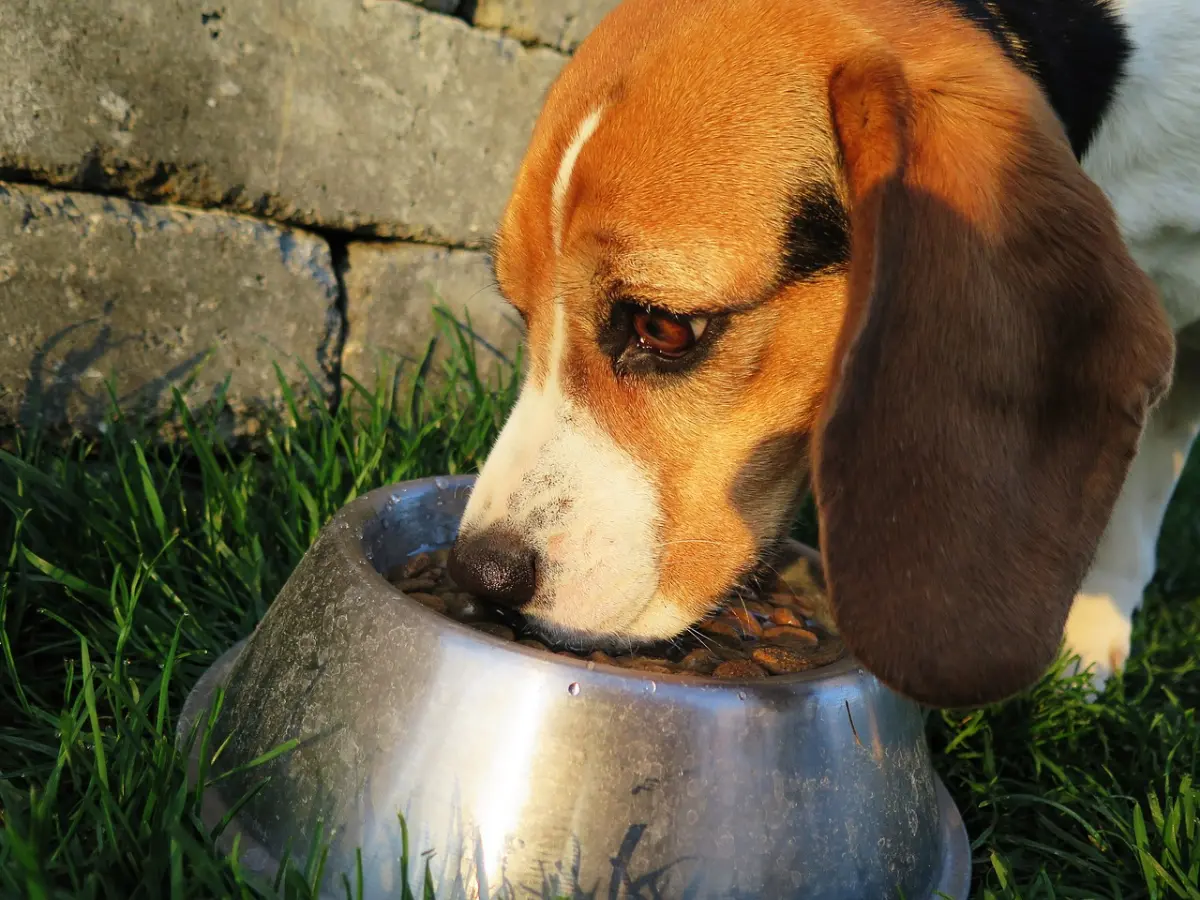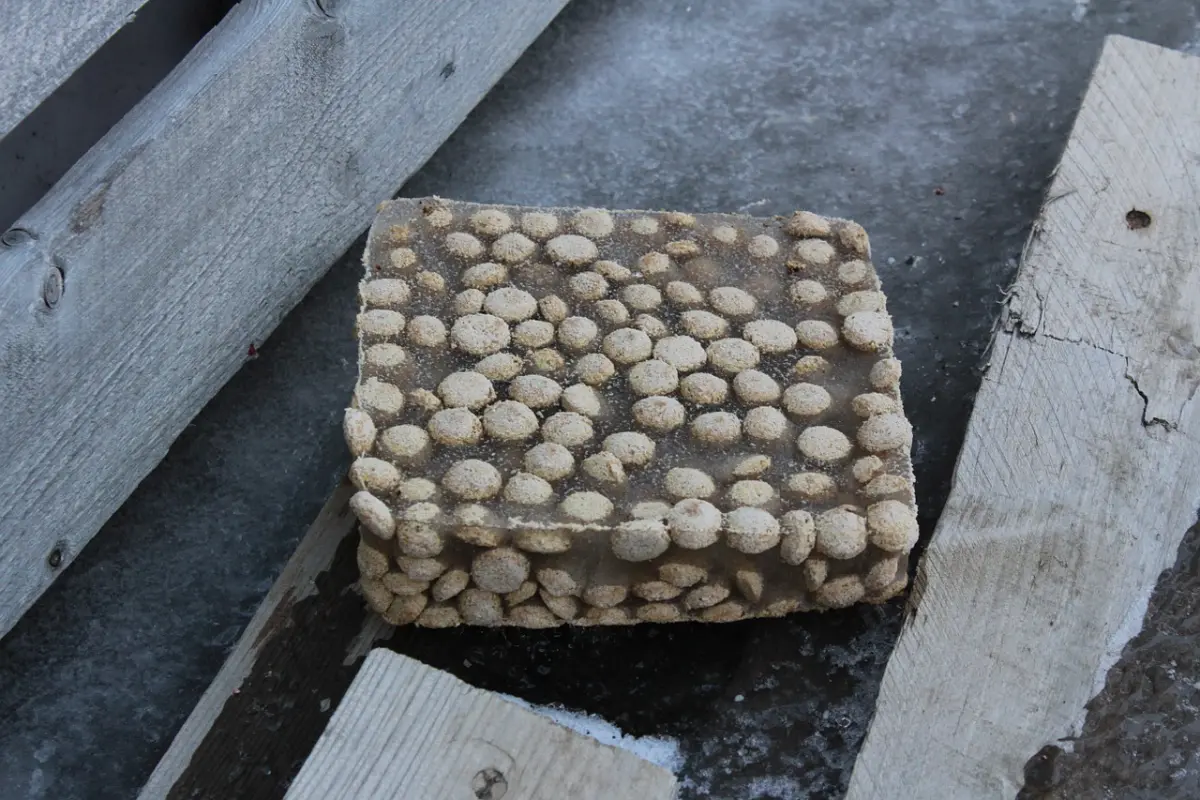Understanding Ferret Nutrition: Ferrets have short digestive tracts and high metabolic rates, making them adapted to a diet rich in animal proteins and fats. Which means they require a high-protein, low-fiber diet to maintain their health. But can ferrets eat dog food? Join us on this nutritional adventure to find out the truth behind this common inquiry.
Before delving into the compatibility of dog food for ferrets, let’s establish a foundation of their nutritional needs and while it’s no longer news that ferrets are carnivorous animals, there are still a lot of questions around what else they can be fed with.
Dog Food vs. Ferret Food: Nutritional Differences
While both dogs and ferrets are carnivorous mammals, their nutritional requirements differ significantly. Dogs are considered omnivores, meaning they can consume both animal and plant-based foods, whereas ferrets are obligate carnivores and require a diet primarily composed of animal-based proteins.
The main differences between dog food and ferret food are:
- Protein content: Ferret food is formulated with a higher protein content than dog food, typically ranging from 32% to 40% or more. In contrast, dog food protein content varies depending on the specific formulation, with some containing as little as 18% protein.
- Fat content: Ferrets require a higher fat content in their diet compared to dogs. Ferret food typically contains around 15% to 25% fat, while dog food fat content can be as low as 5%.
- Carbohydrate content: Ferrets have a limited ability to digest carbohydrates, so their diet should be low in carbohydrates and fiber. Dog food, on the other hand, often contains higher levels of carbohydrates and fiber due to the inclusion of grains, vegetables, and fruits.
- Taurine Content: Taurine is vital for ferrets’ health, and it is often supplemented in ferret food. While some dog foods also contain taurine, it is essential to verify if the levels meet the requirements for ferrets.
Verdict Time: Can Ferrets Eat Dog Food?
Given the nutritional differences between dog food and ferret food, it’s clear that dog food is not an ideal option for ferrets. Feeding your ferret dog food can lead to inadequate protein and fat intake, as well as an excess of carbohydrates and fiber, which may cause health issues.

Possible health problems associated with feeding dog food to ferrets include:
- Malnutrition: Insufficient protein and fat intake may lead to weight loss, muscle wasting, and a weakened immune system.
- Gastrointestinal issues: Excess carbohydrates and fiber can disrupt the ferret’s digestive system, causing diarrhea or constipation.
- Insulinoma: Ferrets are prone to developing insulinoma, a type of pancreatic tumor. A high-carbohydrate diet may increase the risk of this condition.
While an occasional small amount of dog food is unlikely to cause harm, it’s essential to provide your ferret with a diet specifically formulated to meet their nutritional needs.
A Balanced Diet for Pet Ferrets
To ensure your pet ferret receives the proper nutrition, it’s essential to provide a balanced diet that meets their specific dietary needs. High-quality ferret food, available in pet stores, is formulated to provide the necessary nutrients for your ferret’s health.
A balanced ferret diet should include:
- High-quality, meat-based protein (e.g., chicken, turkey, lamb)
- A moderate amount of fat (e.g., from animal sources)
- Low levels of carbohydrates and fiber
Some ferret owners choose to feed their pets a raw or whole prey diet, which consists of raw meat, bones, and organs. This approach aims to replicate the natural diet of wild ferrets. If you’re considering this option, it’s essential to consult with a veterinarian experienced in ferret nutrition to ensure your pet receives a balanced diet.
Conclusion
While dog food may seem like a convenient option for feeding your ferret, it’s not nutritionally suitable for their unique dietary needs. Instead, provide your ferret with a balanced diet of high-quality ferret food or consult with a veterinarian about a raw or whole prey diet.
